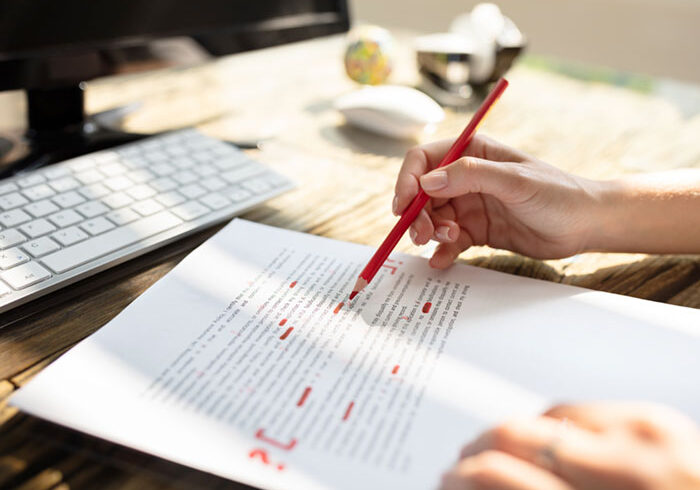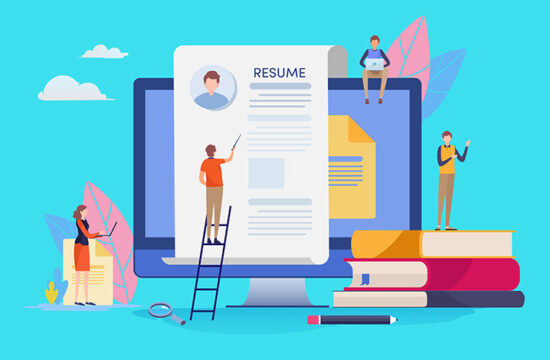By Deborah Jeanne Sergeant
It may seem tedious combing through your term papers for errors, but don’t think of proofreading as an unnecessary waste of time. Mistakes in your papers cost you points off your grade. Use these tips to earn better grades on your papers.
1. Don’t edit a paper the same day you complete it. Your eyes will skip over mistakes or fill in missing words this way. Instead, plan so that you can set the paper aside at least 24 hours between completing the bulk of the writing and the final draft. Ideally, you should write several drafts with time elapsing between each.
2. Use editing software, but don’t rely on it solely. Software doesn’t always catch flubs such as these examples of using “add” and “ask,” which are both real words:
Researchers need to add many questions. (This should be “ask.”)
Don’t ask numbers until the end of the equation. (This should be “add.”)
Microsoft Word’s spell checker skipped right over these uses because they are technically correct; however, they are not the right words for the context. Also, editing software may wrongly flag what is correct. If you’re not sure you have it right, look it up.
3. Refer often to your professor’s preferred style guide. Some teachers have spelling or capitalization rules that reflect the industry. Others have personal preferences and may count off points for any deviations.
4. Read the syllabus for your class carefully to ensure you follow any class rules.
5. Examine any sample term paper excerpts your instructor may provide. These can give you clues as to the preferred rules. (They can also help you write better, so look for traits like the tone, density of quotes and cited sources, style and flow. Does the sample feature short sentences or more complex structure? Is the language descriptive or blunt?)
6. Check for mistakes by reading the paper aloud or having your computer read it to you.
7. Try printing your paper and reading it. For some people, this makes a difference.
8. Also try reading the paper backwards. This tip will help you catch spelling mistakes that the editing software misses.
9. Ask a friend if you can exchange papers for proofreading.
10. Hire a proofreader to look over your paper. While your buddy may offer a good first round of proofing, a professional will dig even deeper.












